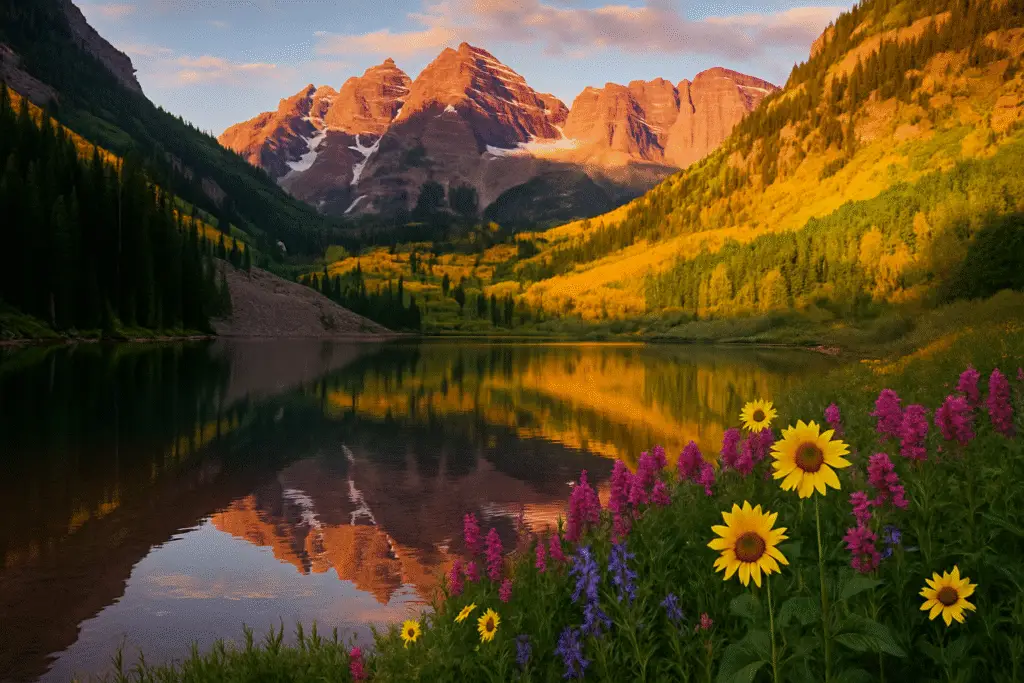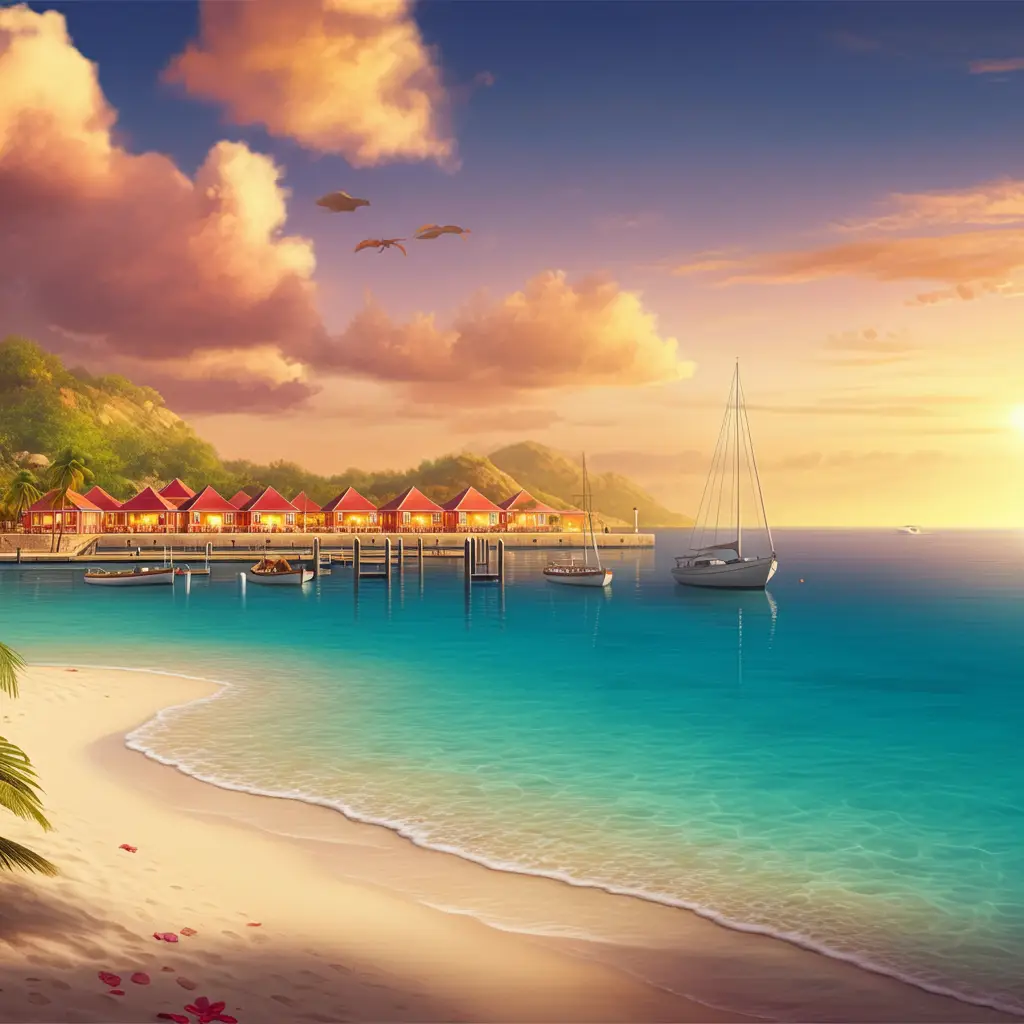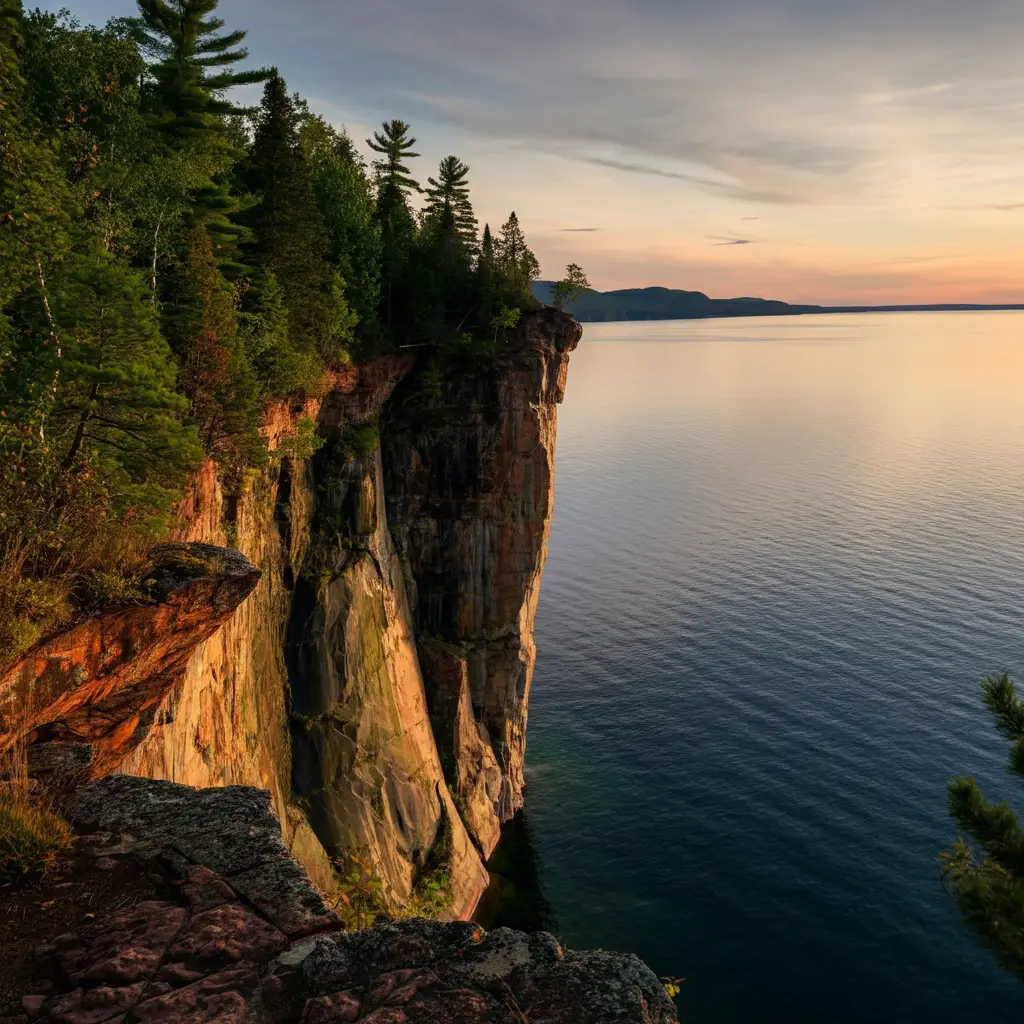Colorado: Alpine Ridges, Red-Rock Parks, and Big-Sky Highways
Colorado is built for variety. Alpine passes crest above mind-bending valleys. Red-rock parks curve around cities. Desert edges meet snow-fed rivers. Historic railways and mining towns add texture. In a single week, travelers can stand at a 14,000-foot overlook, hike among sandstone fins, roll through a national park of living dunes, and soak in mineral hot springs under bright stars.
What Makes Colorado Unique
Elevations that rewrite the horizon. The Continental Divide cuts the state, throwing up jagged peaks and glacial basins. Views feel near and endless at once.
A three-zone personality. Front Range cities and foothills for culture and day hikes. High Rockies for passes, lakes, and world-class ski towns. Western Slope and Four Corners for canyons, desert color, and ancient cliff dwellings.
Four-season possibilities. Winter brings powder and bluebird days. Spring wakes wildflowers and waterfalls. Summer opens every road and trail. Fall turns aspen groves to gold and casts long, photographic light across the ridges.
A road-trip playground. Scenic byways lace the mountains with pullouts that reward short walks: overlooks, cascades, historic sites, and small towns with strong coffee and independent art.
Must-See Highlights
Denver, Boulder, and the Foothills
Start or end in the urban edge where breweries, galleries, and greenways sit near trailheads. Denver’s neighborhoods deliver murals, museums, and food halls. Boulder puts the Flatirons in the window and trails at the end of the block; an afternoon on Pearl Street blends patios, buskers, and mountain air. Nearby, Golden frames Clear Creek with a walkable downtown and a quick jump to Lookout Mountain.
Rocky Mountain National Park
A showcase of alpine drama. Trail Ridge Road climbs above treeline when open in summer and early fall, connecting meadows, tundra, and pullouts where marmots pose like they own the place. On foot, pick a lake trio from Bear–Nymph–Dream or push to Emerald Lake for mirrored peaks. In quieter corners, the Kawuneeche Valley offers moose sightings and big-sky meadows. Mornings are best for parking and wildlife.
Colorado Springs: Pikes Peak and Garden of the Gods
A 14er with drive-up and rail options plus a brand-new summit house for long views. Pair it with Garden of the Gods, where sandstone fins tilt toward the sky and paved paths make the core formations easy to explore. Add the Manitou Incline only if steep stair-climbs appeal; otherwise stroll Manitou’s shops and springs.
Great Sand Dunes National Park and Preserve
A dune field the size of a city sits beneath 13ers and alpine snowfields. Sunrise and late day produce ripples of light and long shadows. In spring and early summer, Medano Creek braids across the sand and turns the base into a beach day backed by mountains. Short climbs deliver big feelings of space; longer ridge walks give a Mars-on-Earth vibe.
Mesa Verde National Park
On Colorado’s southwestern edge, cliff dwellings hang from sandstone alcoves. Driving loops lead to overlooks and trailheads; ranger-led tours access signature structures in season. Views extend to four states, and dusk paints the mesas with desert pinks.
The San Juan Skyway and Million Dollar Highway
One of the West’s great loops. Durango to Silverton to Ouray to Telluride strings together mining history, a steam railroad, tight canyon walls, and passes that climb to impossible angles. Ouray and Telluride add hot springs, waterfalls, and gondola views. Every few miles, a new pullout challenges the idea that you’ve already seen the best angle.
Aspen, Snowmass, and the Maroon Bells
Iconic twin peaks, reflective lakes, and a valley that runs from high-alpine to river flats. Reserve access to the Maroon Bells corridor when required. Around town, bike paths, galleries, and patios set an easy rhythm; up high, Cathedral Lake or American Lake hikes swap crowds for clear water and wild peaks.
Steamboat Springs and the Yampa Valley
Ski town energy with ranch-country DNA. The Core Trail follows the river through town. Strawberry Park Hot Springs feels tucked away in pines. Summer brings tubing, gravel rides, and soft-light evenings; winter brings legendary “champagne powder.”
Black Canyon of the Gunnison National Park
A different mood: sheer, dark walls split by a roaring river. Overlooks line the South Rim road. Short rim walks deliver vertigo-tinged views and excellent photography at golden hour. It’s compact, stark, and memorable.
The Collegiate Peaks and Upper Arkansas River
Between Buena Vista and Salida, fourteeners line up like sentries. Whitewater rafts, hot springs, and historic main streets shape easy days. Cottonwood Pass and Monarch Pass add wide-angle views without technical hiking.
Hidden Gems That Change the Trip
- Crested Butte and Kebler Pass: Wildflower capital in early summer, aspen cathedral in fall. A classic small-town main street and trails right from the edge of town.
- Rifle Falls State Park: Triple waterfalls, travertine caves, and short leafy trails; a cool respite on hot days between Glenwood Springs and the desert edge.
- Paint Mines Interpretive Park (Calhan): Hoodoos and pastel clay badlands on the prairie east of the Front Range.
- Grand Lake and the West Side of RMNP: Quieter marinas, moose in the willows, and fewer crowds than Estes Park.
- Dinosaur National Monument (Colorado side): Petroglyphs, canyons, and a stargazer’s sky at the state line with Utah.
- St. Elmo Ghost Town: Photogenic buildings, chipmunks with attitude, and mountain backdrops near Buena Vista.
- Ouray Perimeter Trail: A loop that strings together waterfalls, bridges, and town-ring views without committing to a full backcountry day.
- Canyons of the Ancients National Monument: A vast landscape of ancestral sites with far fewer visitors than Mesa Verde.
When to Go
Winter (Dec–Mar): Powder, cozy towns, hot springs under steam. Mountain driving requires attention; check pass conditions and carry proper tires or chains when required. Front Range trails can be dry one day and icy the next.
Spring (Apr–May): Shoulder season yields value and fewer crowds. Low-elevation desert rims out west warm early; waterfalls swell on the Western Slope; high trails still hold snow.
Summer (Jun–Aug): Everything opens. Wildflowers peak. Afternoon storms are common above treeline—start early, be off exposed ridges by midday, and respect lightning risk.
Fall (Sep–Oct): Aspen color chases elevation from north to south and high to low. Scenic byways are at their best. Cool mornings, warm afternoons, small crowds.
Three Efficient Itineraries
1) Front Range + Rockies (5–7 days)
Denver (museums and neighborhoods) → Boulder (Flatirons hike and creek path) → Estes Park and Rocky Mountain National Park (alpine lakes, Trail Ridge Road in season) → Grand Lake for a quieter park exit.
2) San Juan Skyway Loop (5–6 days)
Durango (historic railroad) → Silverton (high-alpine streetscape) → Ouray (hot springs and waterfalls) → Telluride (free gondola, box-canyon drama) → Ridgway for a last golden-hour stop → back to Durango via Dolores and Mancos meadows.
3) Desert Edge + Sand + Ancient Stone (4–5 days)
Colorado Springs (Garden of the Gods, Pikes Peak) → Great Sand Dunes (sunrise and evening on the ridges) → Mesa Verde (cliff dwellings) → optional Canyons of the Ancients or Telluride day before departure.
Practical Notes for Visitors
- Altitude: Many destinations sit above 7,000 feet. Hydrate, pace the first day, and consider sleeping lower than you hike.
- Roads and passes: Scenic routes include steep grades and no-guardrail sections. Drive alert, use pullouts, and check seasonal closures and construction updates.
- Weather: Mountain conditions swing fast. Pack layers, sun protection, and a light shell year-round.
- Wildlife and safety: Give elk, bighorn sheep, moose, and bears space. Store food properly in campgrounds and rentals near wild zones.
- Permits and reservations: Some corridors, shuttle systems, and popular trailheads use timed entry or parking reservations in peak seasons. Confirm details before committing to a day plan.
- Hot springs etiquette: Rinse before soaking, keep glass away from pools, and respect quiet zones after dark.
Food and Small-Town Flavor
Colorado runs on coffee, green-chile smothered plates, farm-to-table kitchens, and après-hike patios. Look for farmers markets in valley towns, food halls in Denver and Fort Collins, and bakeries that understand early-start mountain mornings. Craft breweries and cideries dot almost every base town; alpine distilleries join the map in surprising places.
Why Colorado Works for Every Traveler
Families can split interests without splitting the group: short lake hikes and scenic drives with animal sightings, railways, and gentle hot-spring hours. Couples find alpine sunrises, art towns, and long dinners under string lights. Solo travelers get clean logistics, safe trail networks, and big-reward photography with short approaches. The common thread is contrast: alpine to desert, historic main street to canyon overlook, hot-spring steam to cold-river sound. Colorado keeps delivering new pages without forcing long transfers.





